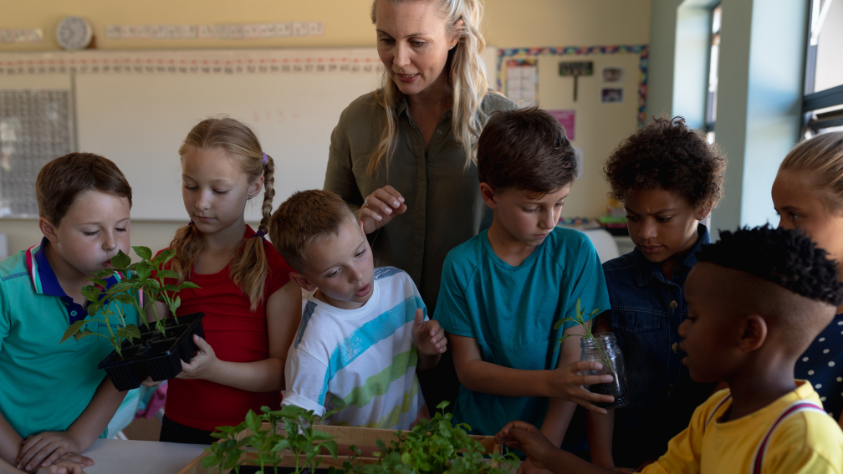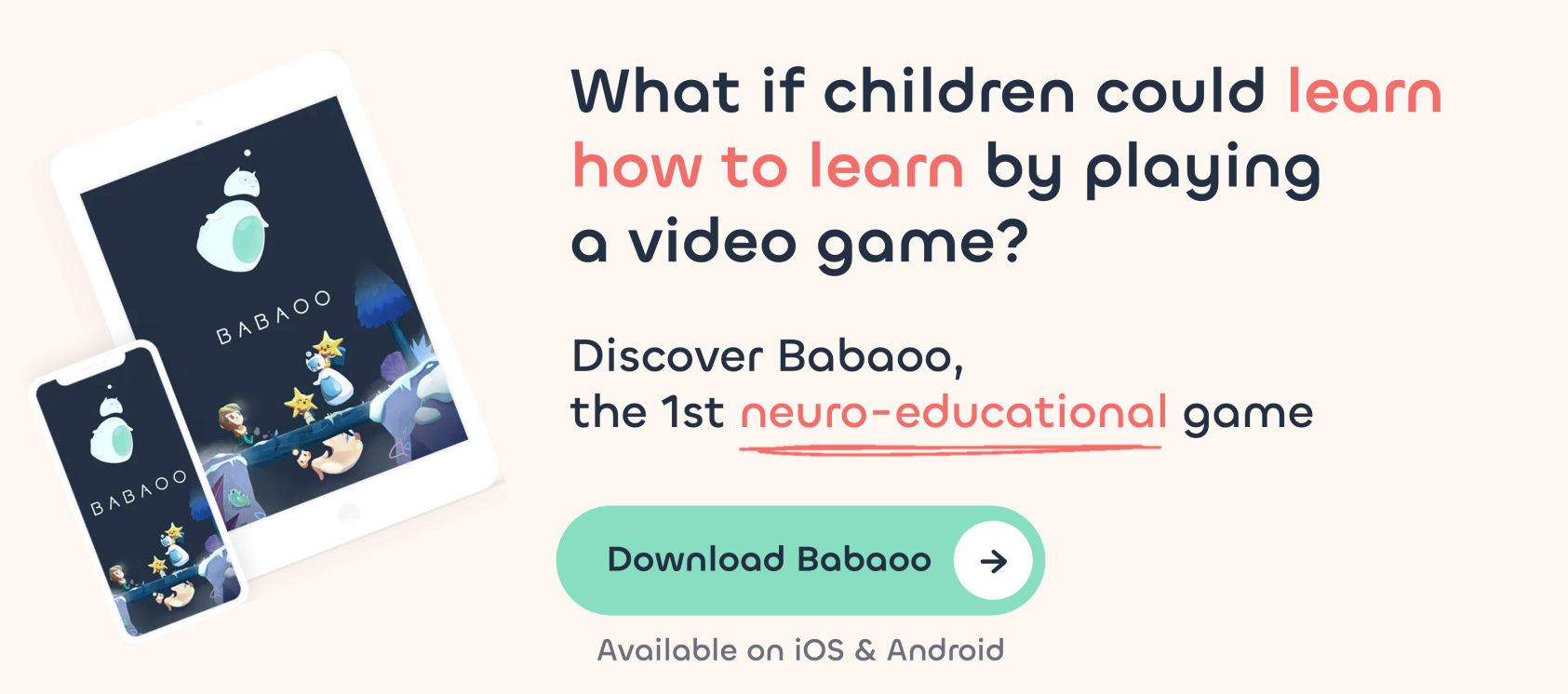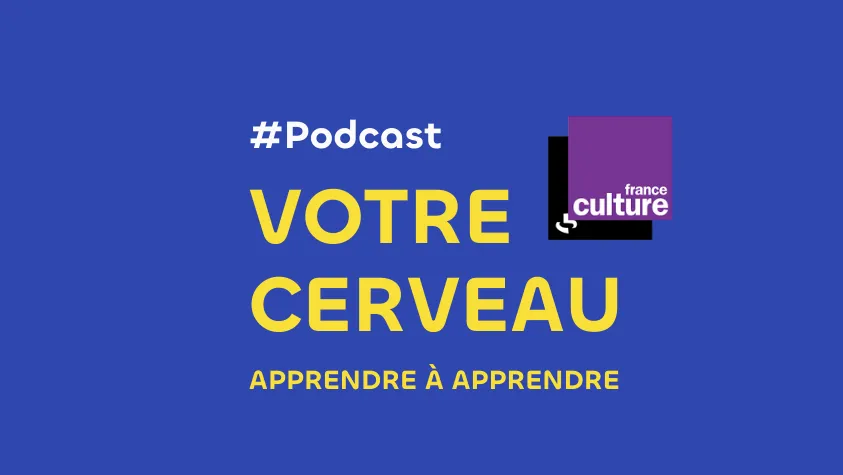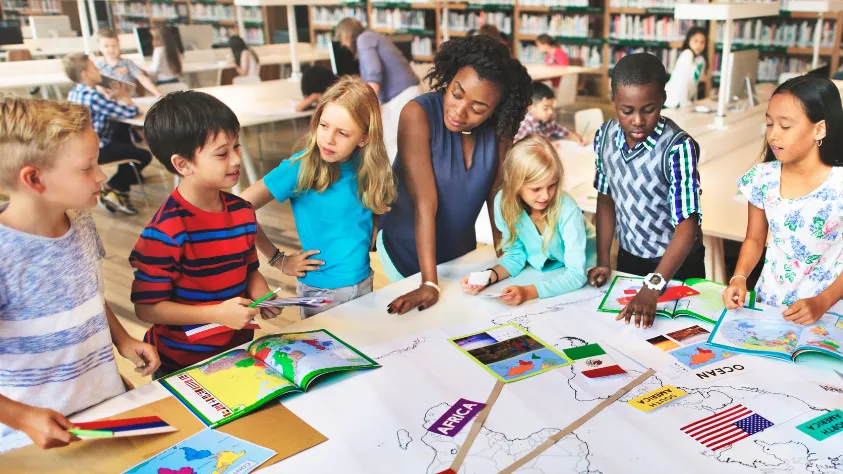
Freinet pedagogy: what is it?

What is Freinet’s pedagogy about?
Freinet pedagogy is an alternative education method that puts the child at the center of learning: the aim is not simply to instruct, but to cultivate a passion for learning and help the child become an actor in his or her own development. Gone are the tight benches and blackboard, here teaching is practiced through activities, projects and community tasks.
✏ Note: Freinet pedagogy is not just a “method”, it’s a educational philosophy that aims to help children flourish.
Origins
This pedagogy appeared at the beginning of the 20th century, with Célestin Freinet, a French teacher. Frustrated by traditional teaching methods, he devised an approach that took into account children’s needs and interests. Inspired by theorists like John Dewey, Freinet laid the foundations for a revolution in the classroom.
✏ Note: for the curious, the film “L’école buissonnière” by Jean-Paul Le Chanois dramatizes the beginnings of Célestin Freinet’s pedagogical approach through the character of a young schoolteacher, Mr. Pascal.
The main principles of Freinet pedagogy
The soul of Freinet pedagogy rests on a few fundamental principles:
- Learning through experience: children don’t just learn from books, they assimilate by doing. For example, to understand biology, they learn to garden, observe and understand the life cycle of plants.
- Self-assessment: rather than focusing on grades and rankings, this pedagogy encourages self-assessment. Children participate in individual points to identify their strengths and areas for improvement. This pedagogy helps students gain a better understanding of themselves.
- Cooperation: In a Freinet classroom, learning is a social activity. Group projects, class discussions or partnerships with other schools are encouraged. It helps enrich the learning experience and develops students’ social skills.
- The relationship with nature: nature is not just a backdrop. It’s a classroom in its own right. Time spent outdoors for activities or lessons encourages children to develop a healthy relationship for their well-being and education.
- Individualized learning: every child is unique, and Freinet pedagogy recognizes this by offering a flexible program. Teachers are encouraged to adapt lessons according to students’ individual needs and interests, for more personalized learning.
These principles, when applied, form a pedagogy that aims not only at academic success but also at the integral development of the child.
To whom is Freinet pedagogy addressed?
The principles of Freinet pedagogy inspire all parents and teachers for whom children learn more easily by being put to work on projects, through cooperation, teamwork, and the empowerment enabled by taking initiative. There are a number of Freinet schools in France and around the world (View full-page directory), but many teachers in conventional schools draw inspiration from the pillars of his pedagogy in their practice!
Are you a teacher looking to get started in Freinet pedagogy? Here’s some advice from the ICEM in a padlet, in french.
Examples to apply in the classroom
Freinet pedagogy is not limited to one subject or type of activity. It is interdisciplinary and centered on the child’s experience. Here are a few examples:
- A class journal: children keep a class journal where they document what they have learned, felt and observed. This journal becomes a valuable tool for self-assessment.
- The cooperative class: students work together to solve problems or carry out projects. For example, they organize a cake sale to finance a school outing. This fosters collaboration, solidarity and a sense of collective responsibility.
- Exchanges with foreign pen pals: students write and send letters to pen pals, practicing foreign languages while establishing social connections and discovering other cultures.
- Creative writing: students write a short story or play, which is then staged and performed by the class. This activity promotes language learning, oral expression, creativity and cooperation.
- A school garden: children take part in the creation and upkeep of a garden. They tackle subjects such as biology, ecology and mathematics (surface area, volume).
➡️ Also read: Alternative teaching methods, another way to learn
The Babaoo recap
Freinet pedagogy is a kind of “educational revolution” that places the child at the center of his or her own learning. It is based on principles such as experience, cooperation and empowerment, to provide a stimulating environment where each pupil develops his or her skills and autonomy. Inspired by Célestin Freinet in the early 20th century, this approach continues to appeal to teachers and parents alike.
➡️ Also worth reading: Executive Functions: Inhibition Control, what is it?
You may also be interested in these articles



